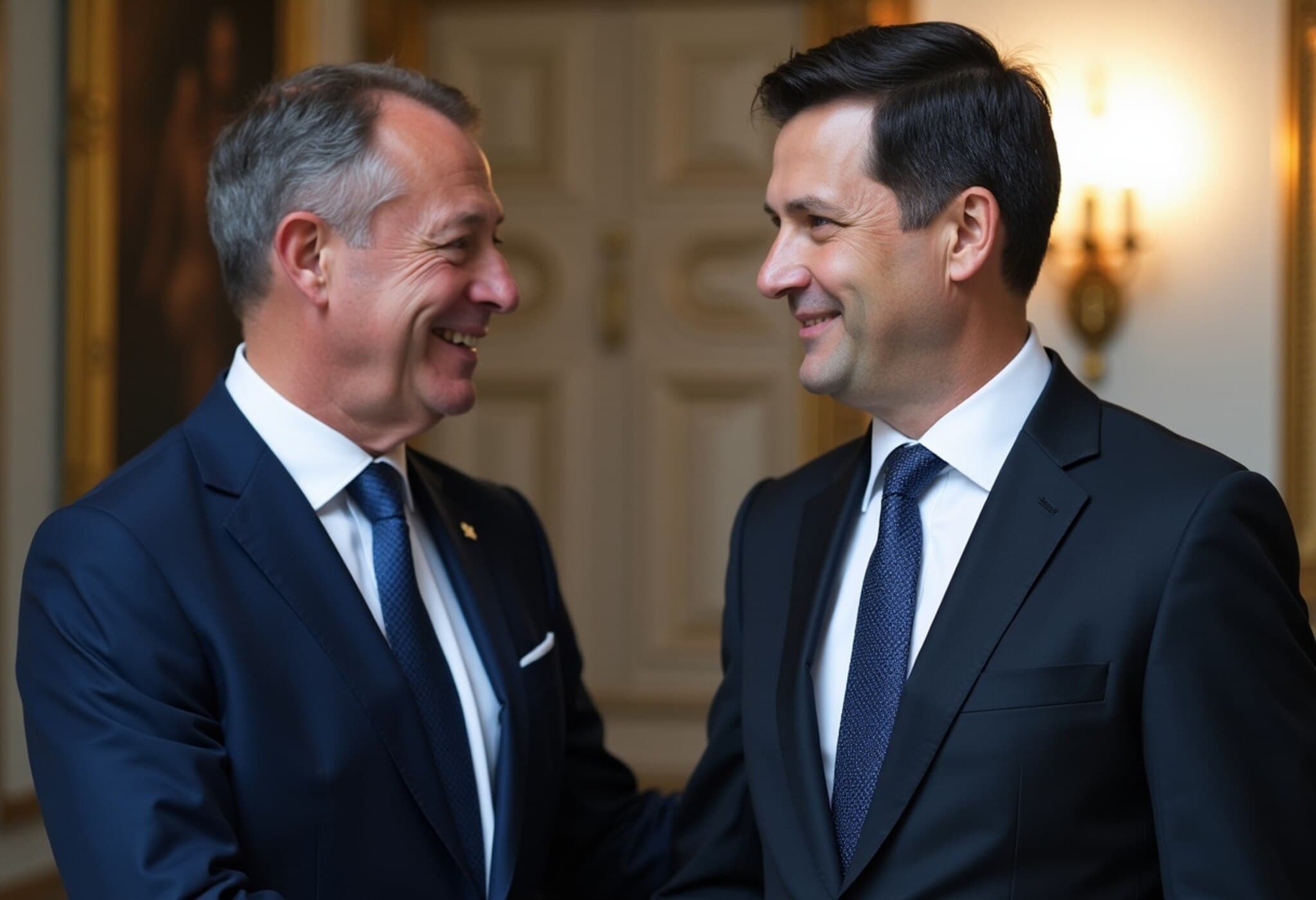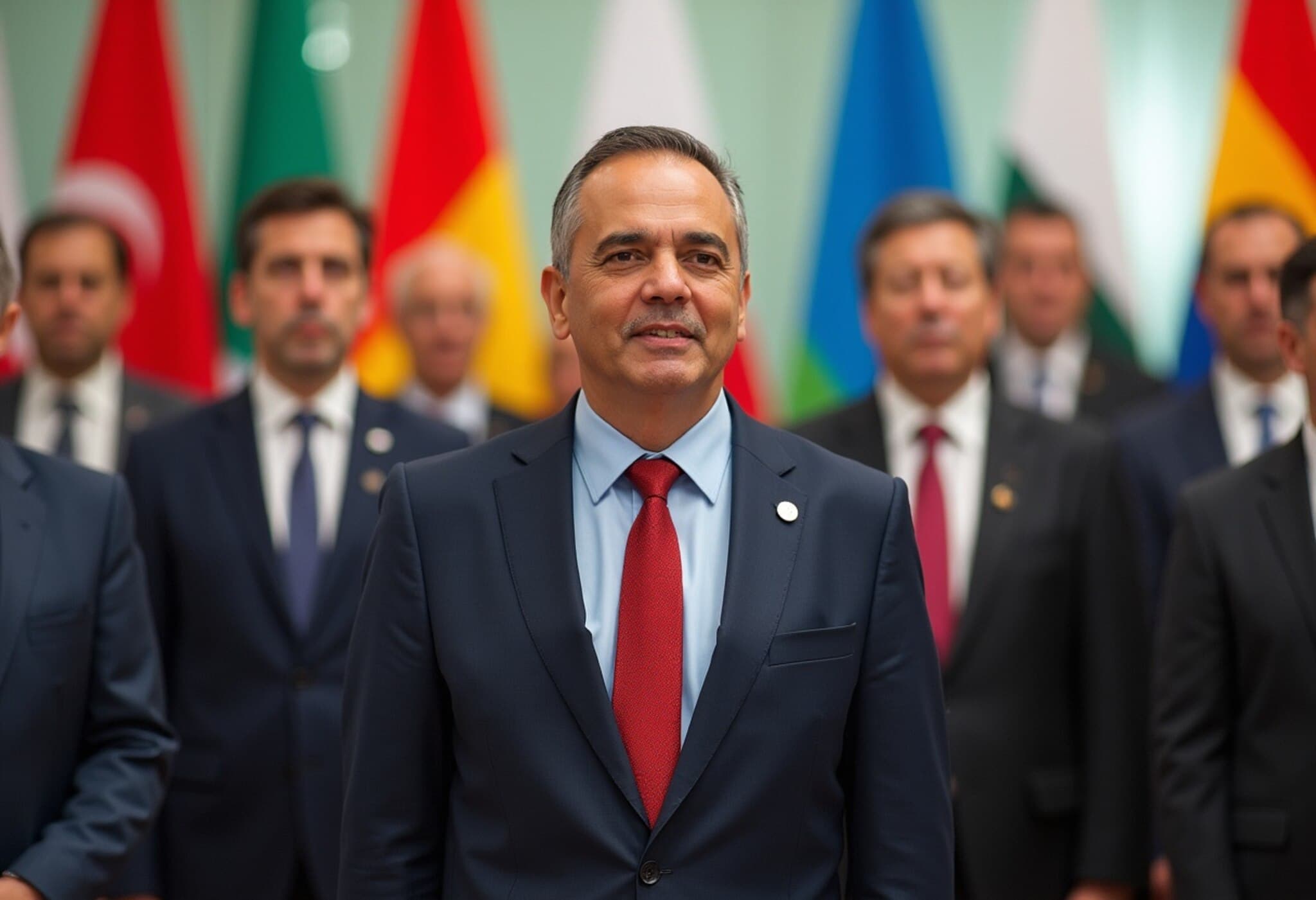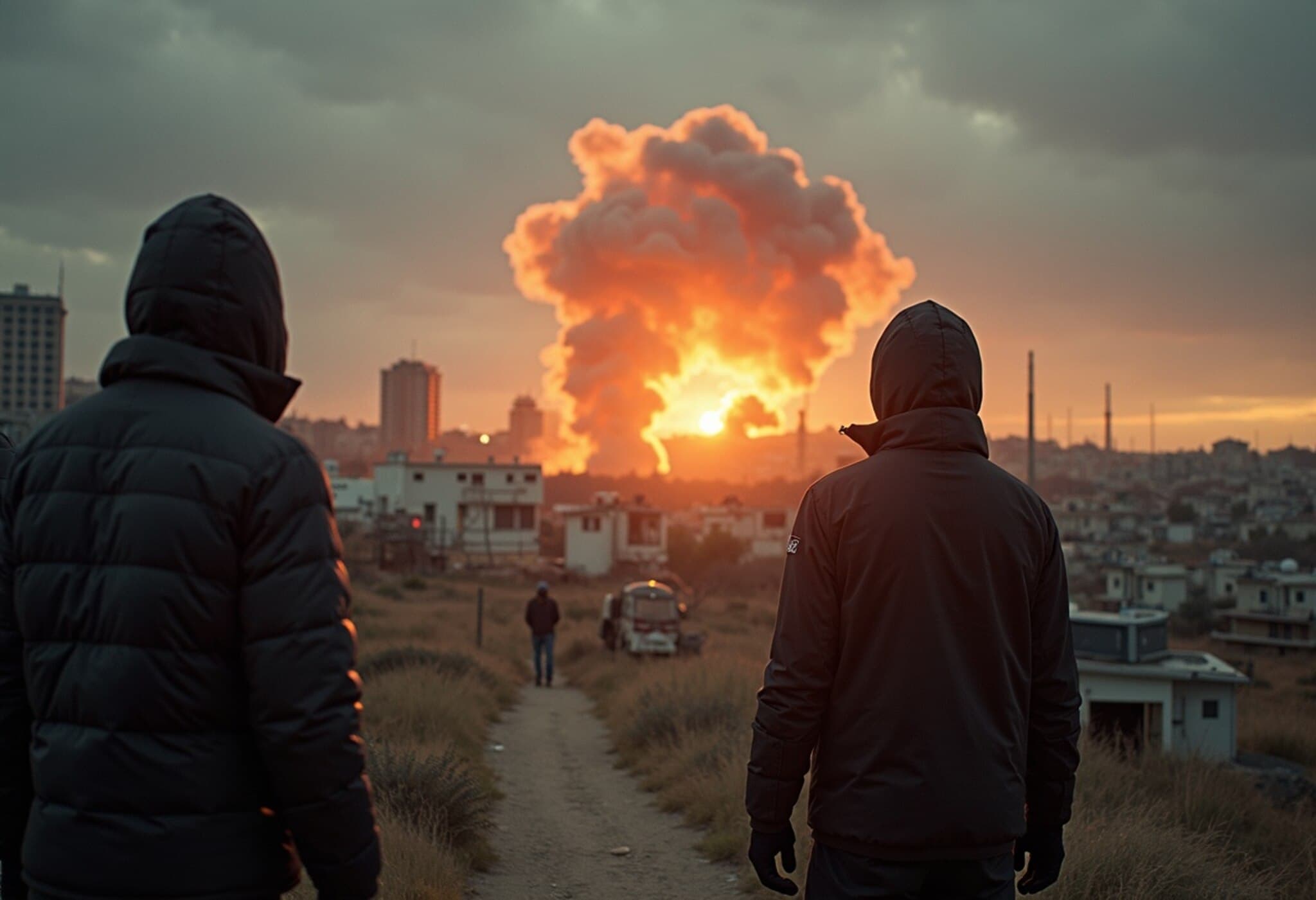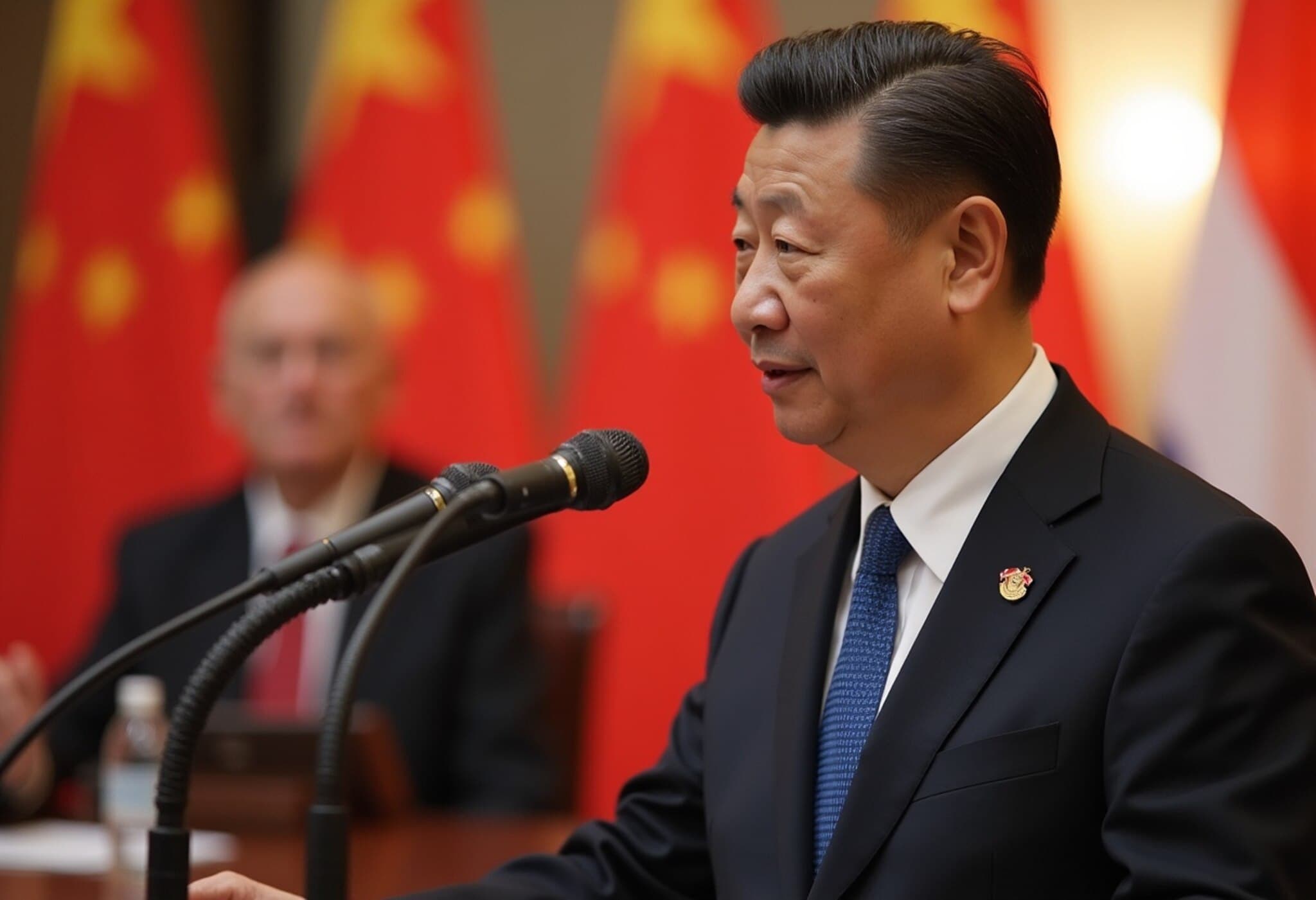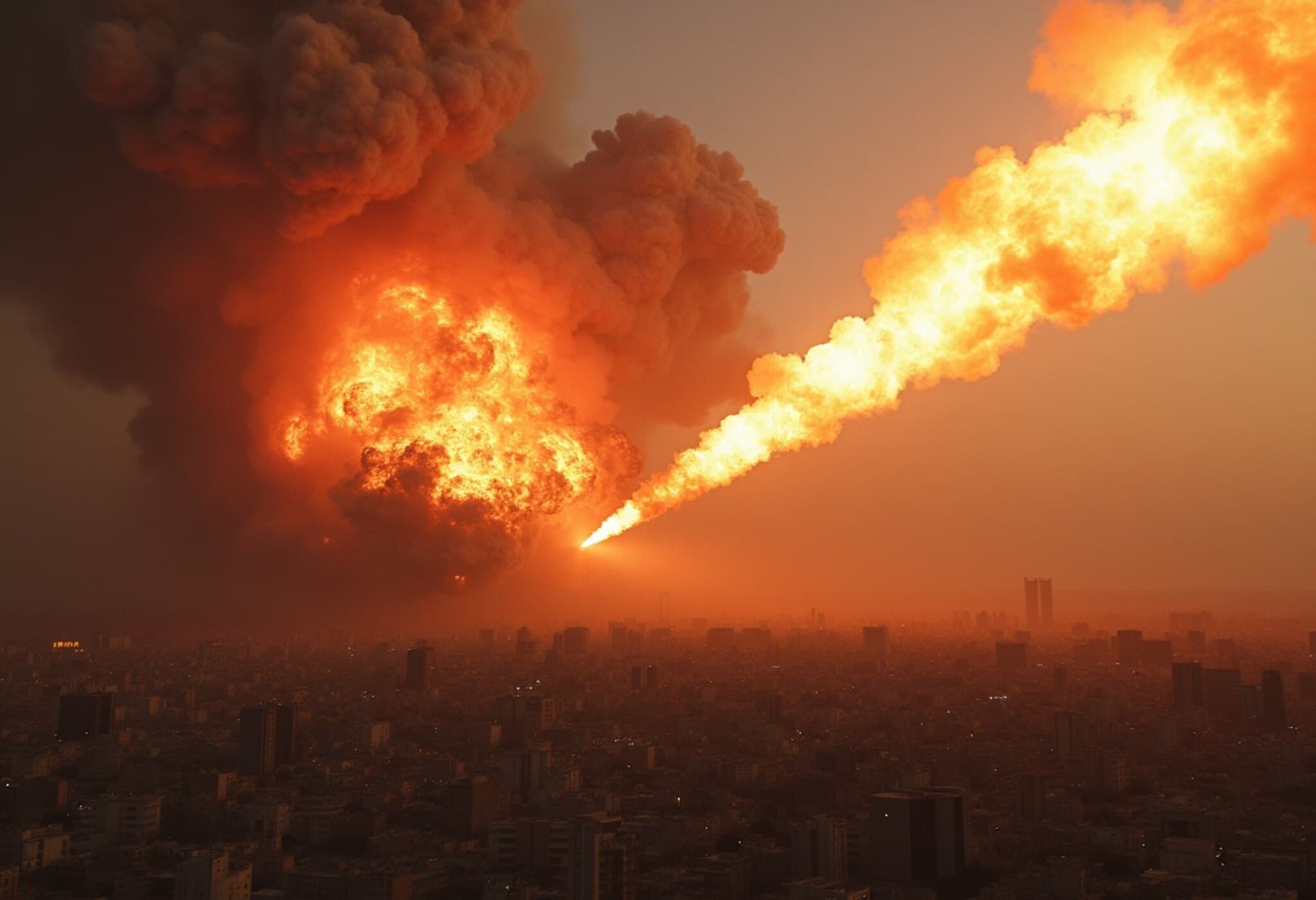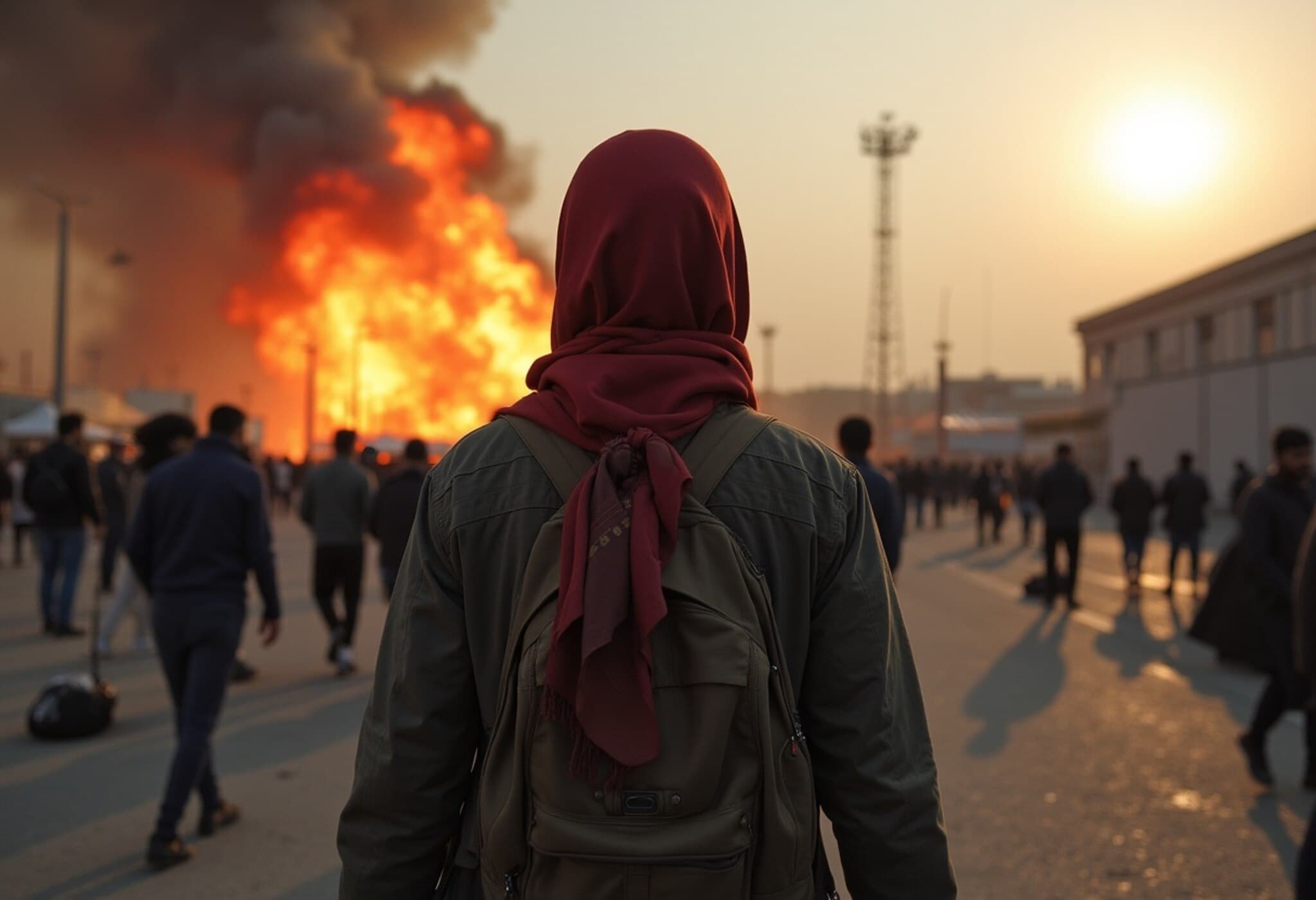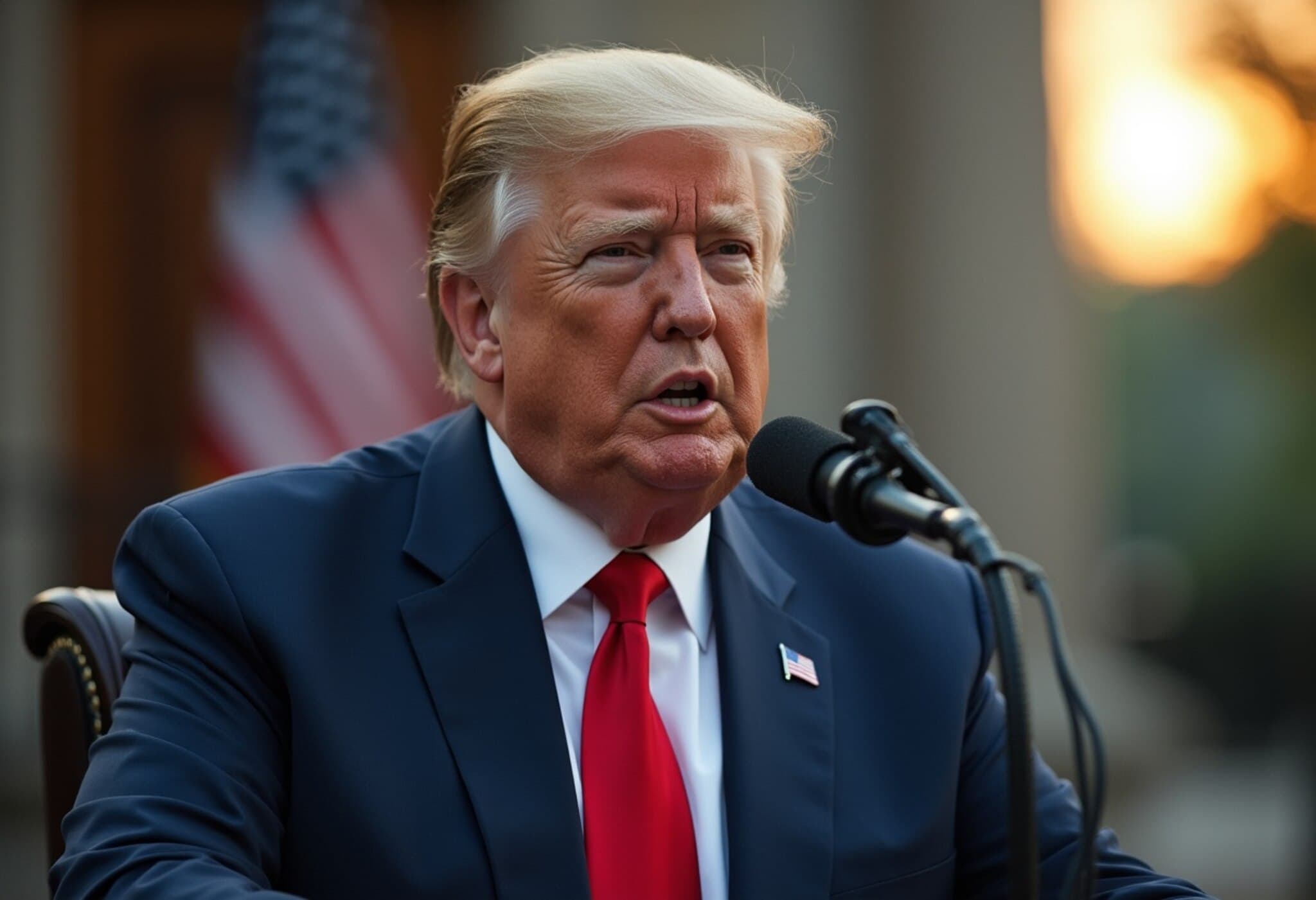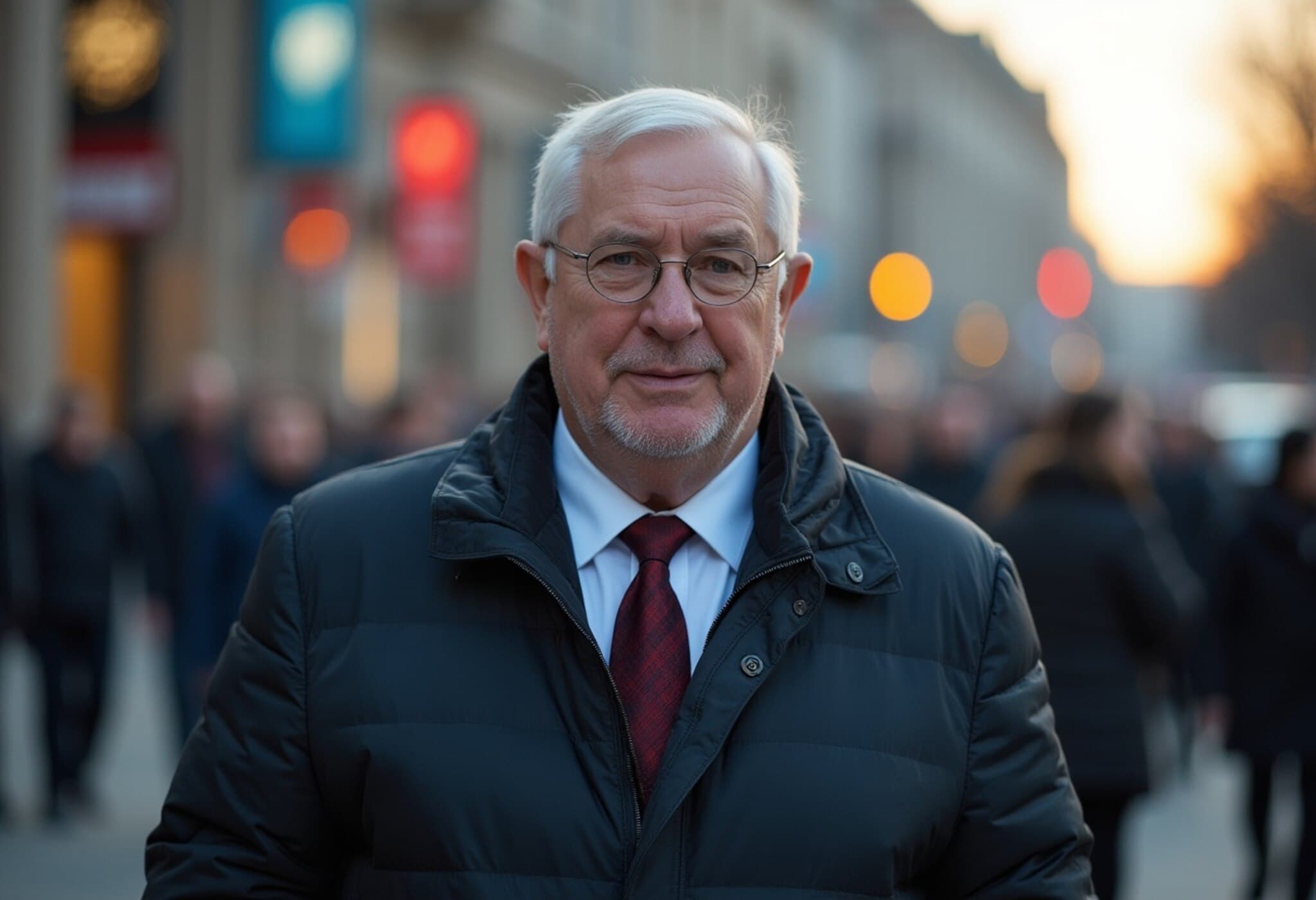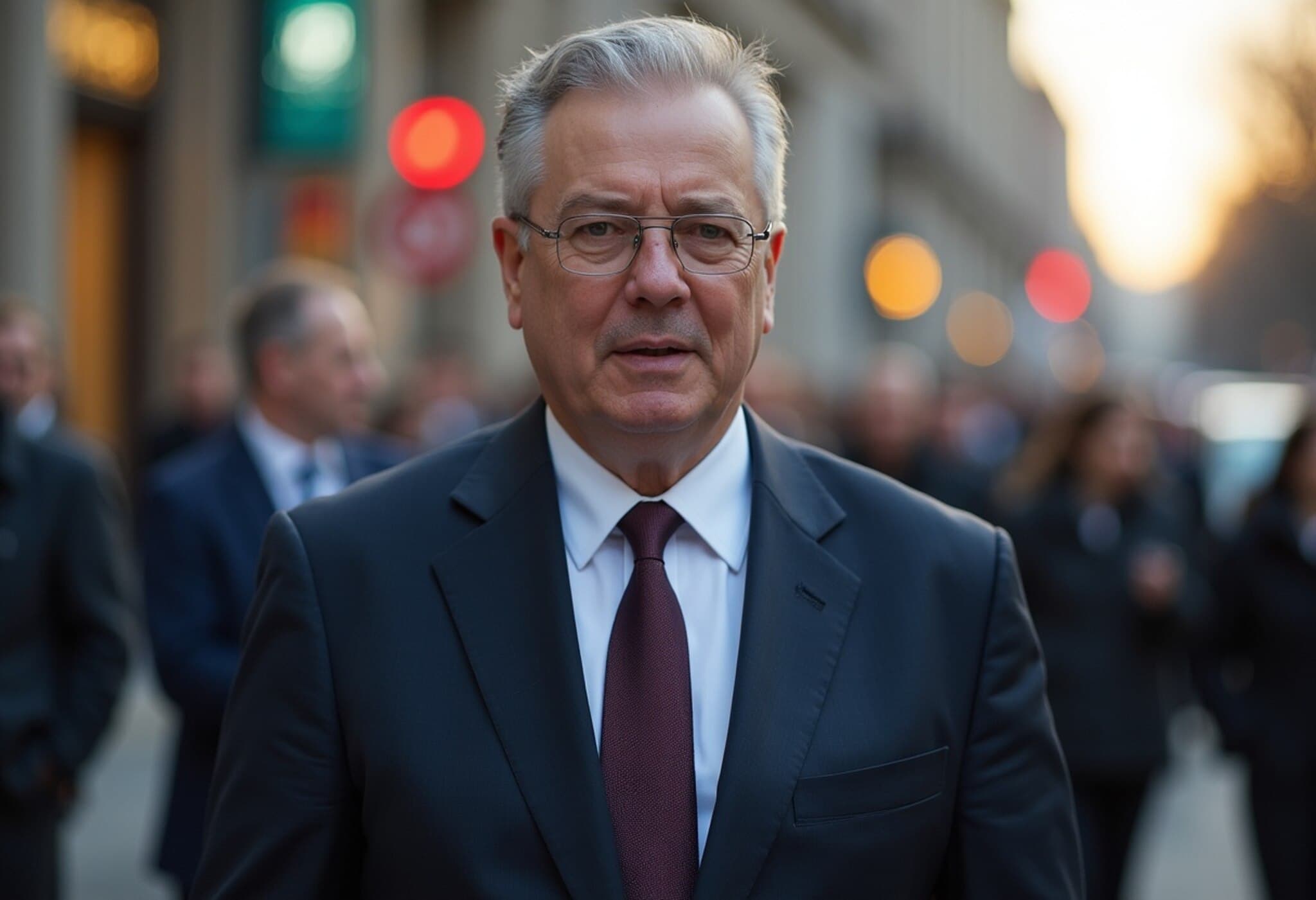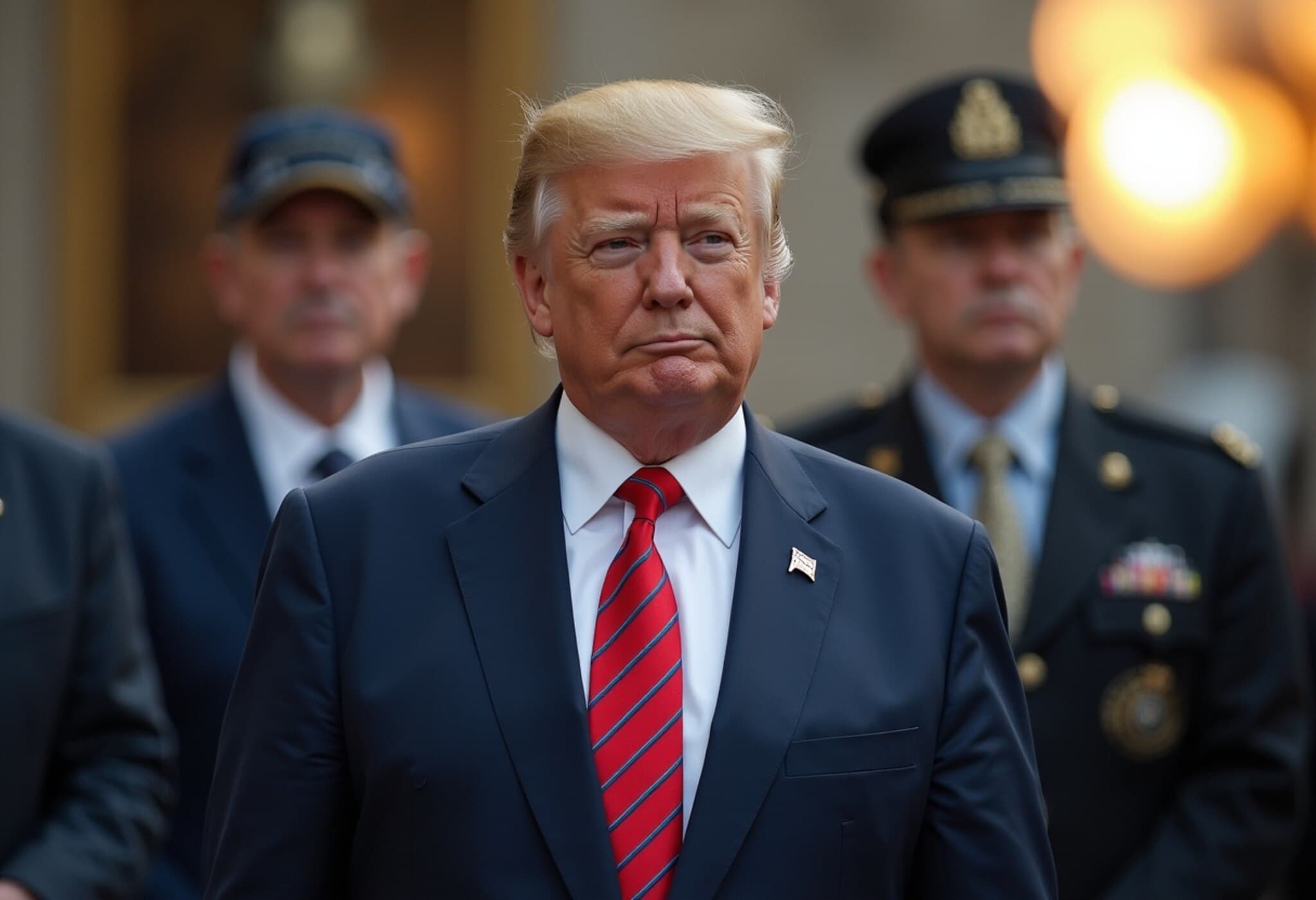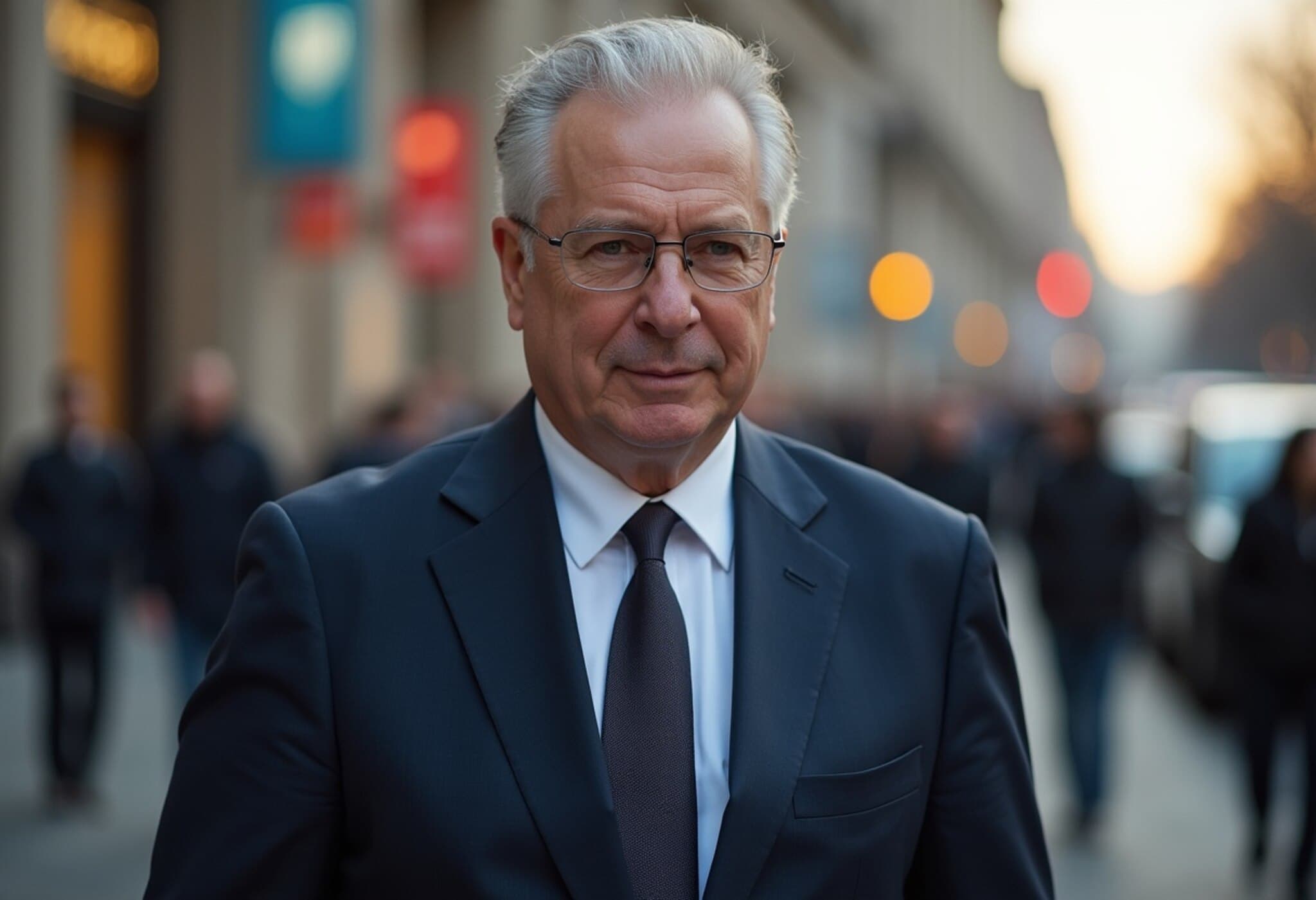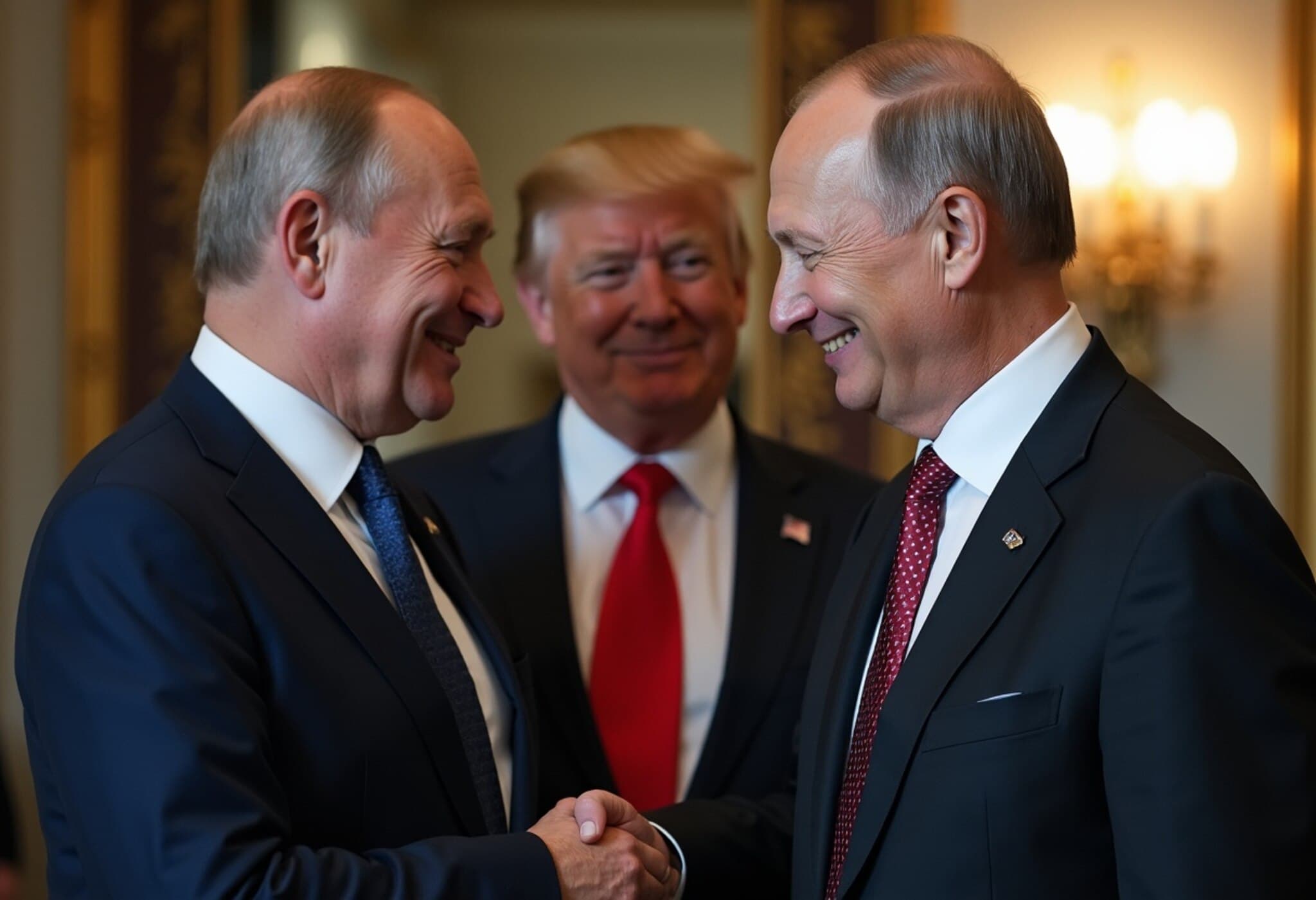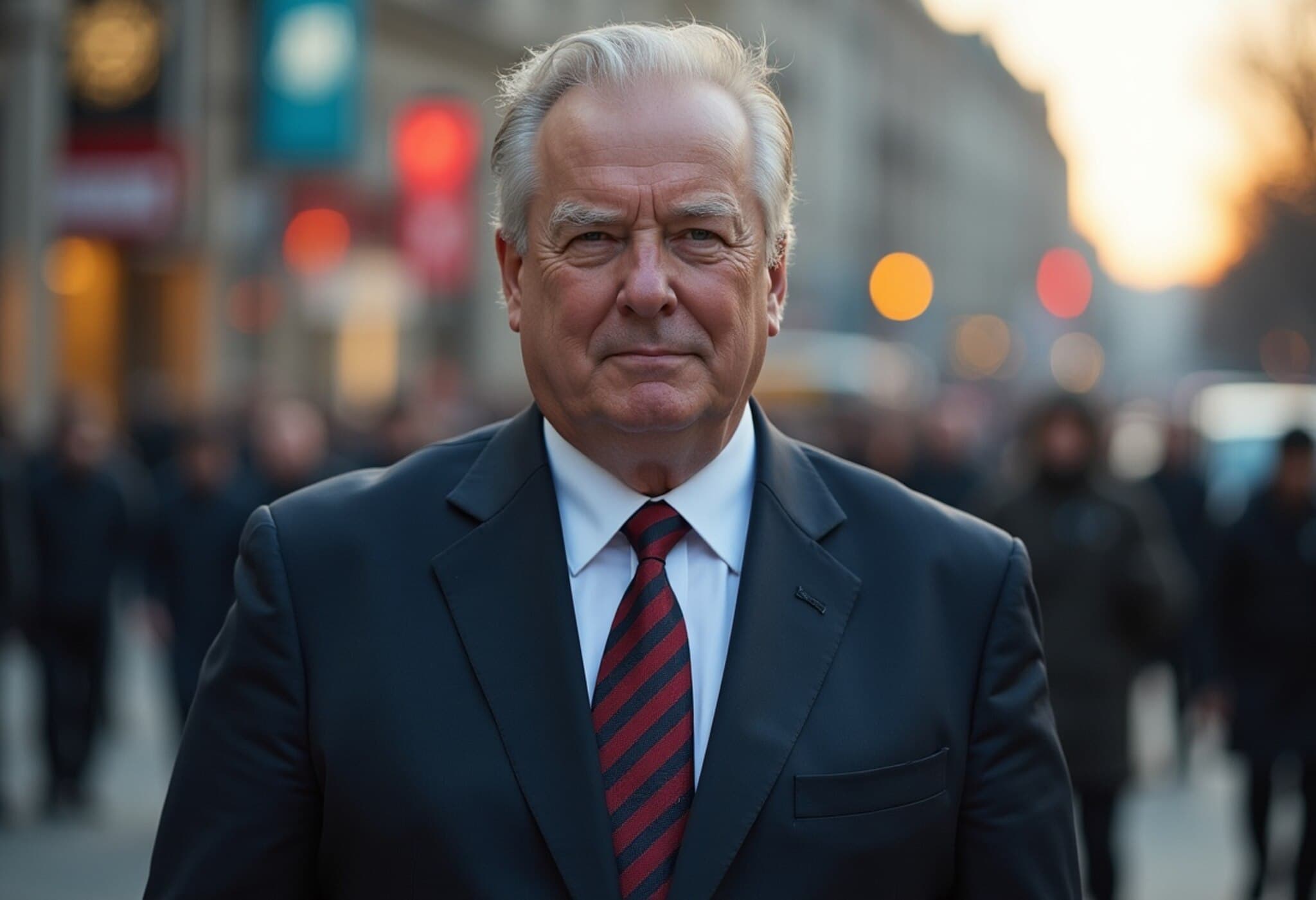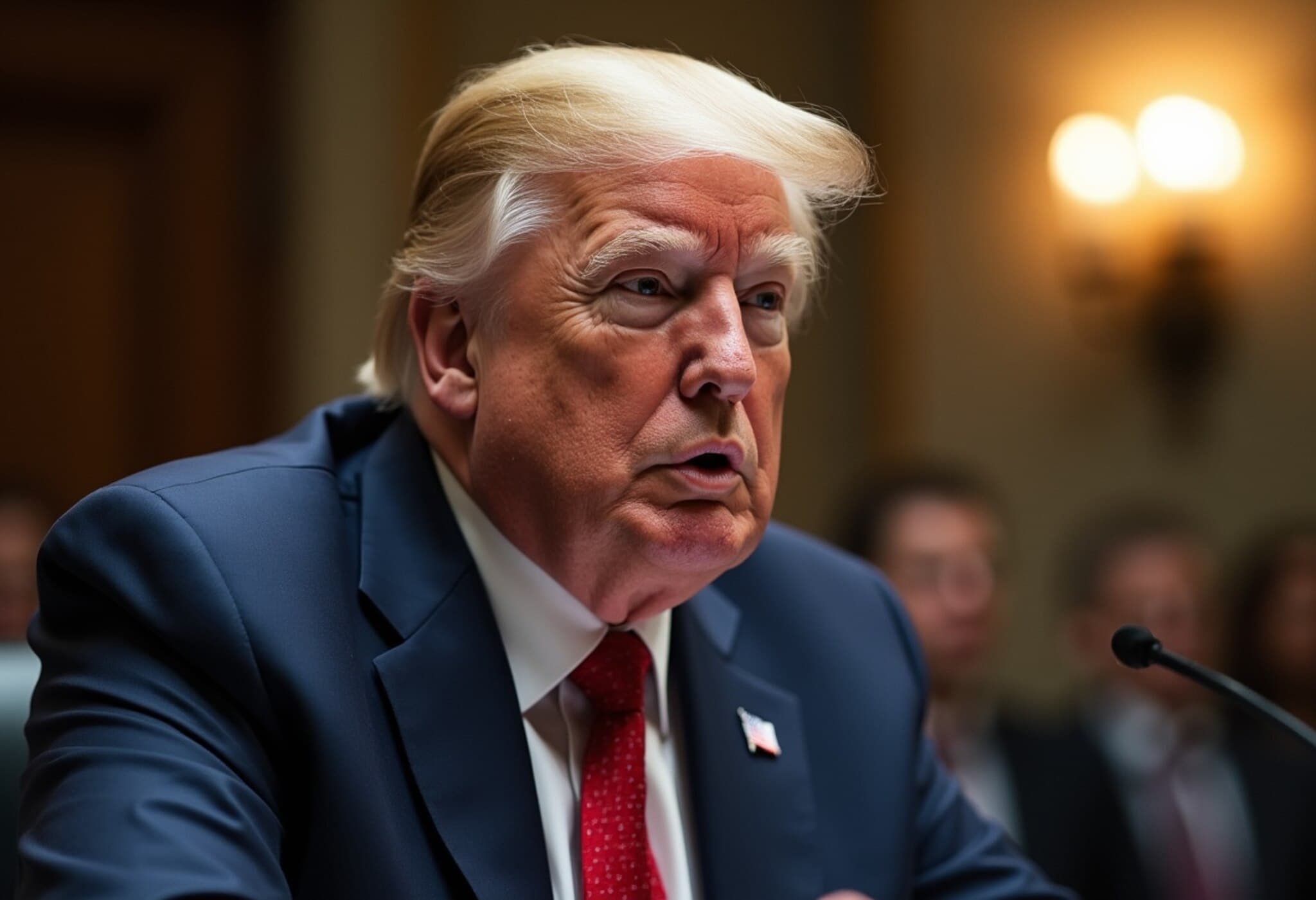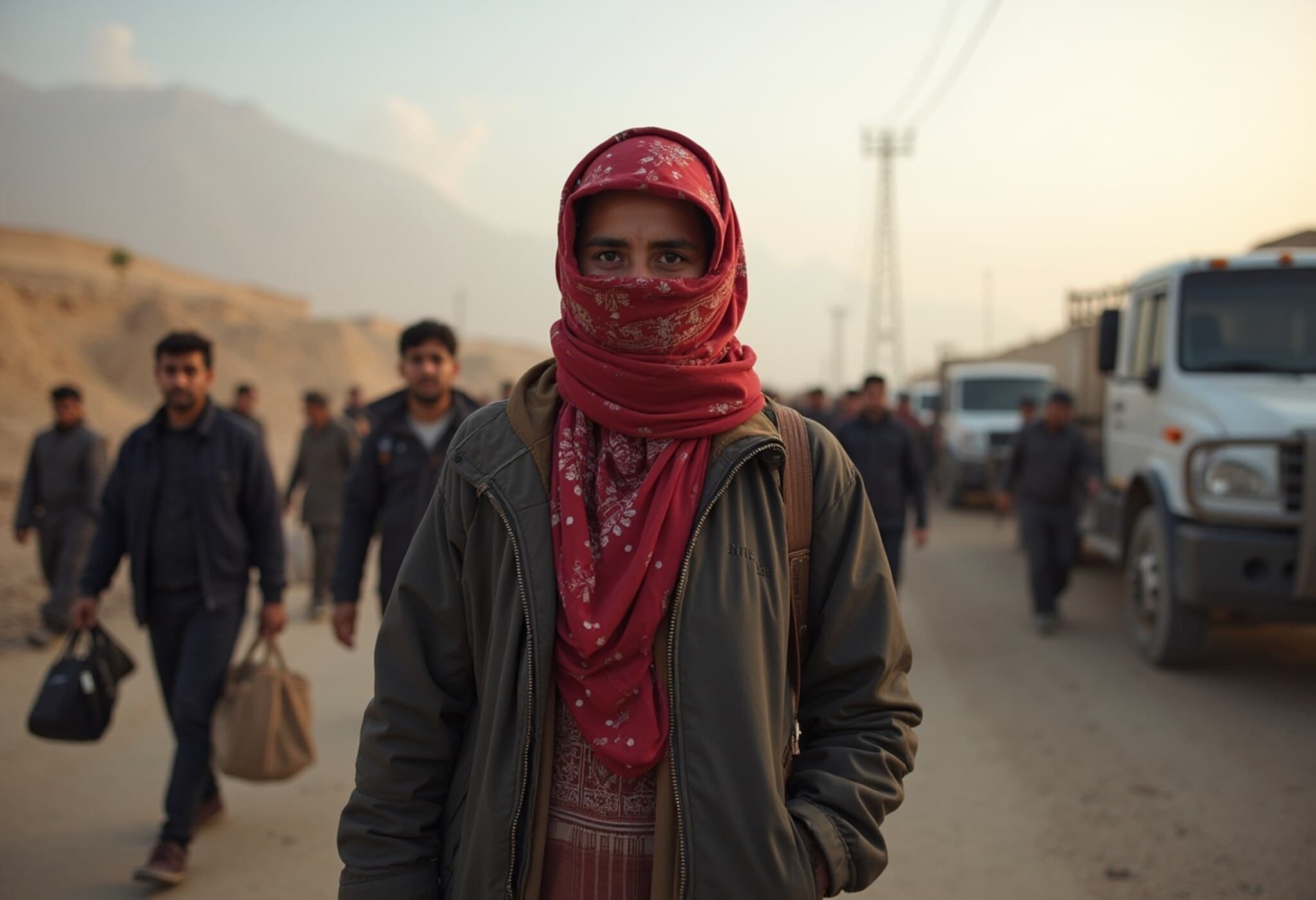Starmer and Zelenskyy Endorse Trump’s New Peace Deadline for Russia
In an unexpected yet significant show of unity, British Prime Minister Keir Starmer and Ukrainian President Volodymyr Zelenskyy have publicly backed US President Donald Trump’s recent demand setting a firm deadline for Russia to cease hostilities and move toward a sustainable peace agreement. This development comes amid escalating international efforts to resolve the ongoing conflict in Ukraine, which has persisted since Russia’s invasion in early 2022.
Unified Call Against Russia’s Prolonged Stalemate
During a phone conversation on Friday, both leaders praised the US President’s initiative, emphasizing that Moscow’s continuing delays are the primary obstacle to peace. A spokesperson from Downing Street detailed that Starmer and Zelenskyy agreed Russia "was the only barrier to peace," reaffirming a shared commitment to pushing Moscow toward meaningful negotiations.
Since the winter of 2022, the Ukraine war has dramatically reshaped geopolitical dynamics, with Russia controlling swathes of eastern and southern Ukraine. Despite multiple rounds of international talks, little progress has been made, underscoring the fragility of diplomatic efforts.
Sanctions and Support: Western Allies Step Up
In response to the conflict, the United States and its NATO allies have imposed severe economic sanctions designed to cripple Russia’s ability to sustain military operations. Sanctions target key sectors including energy, finance, and technology, attempting to leverage financial pressure into political change.
Meanwhile, substantial military and humanitarian aid continues to flow into Ukraine to bolster its defense and provide relief to civilians affected by the fighting. The international community remains cautious but determined to prevent further escalation.
Trump’s August 8 Deadline: What’s at Stake?
At the United Nations Security Council meeting on Thursday, US Ambassador Linda Kelley urged both Russia and Ukraine to finalize a ceasefire and engage in a lasting peace process by August 8, 2025. Kelley hinted at the possibility of the US imposing "additional measures" to enforce the timeline if Russia does not comply.
Despite diplomatic efforts—including recent talks in Istanbul which produced only a minor prisoner exchange agreement—the core issues remain unresolved. Ukraine has proposed a high-level summit between Zelenskyy and President Vladimir Putin before the end of August, aiming to break the impasse directly at the leadership level.
Expert Insight: Implications for International Diplomacy
From a policy perspective, this alignment among Western leaders and Ukraine signals a strategic push to exert coordinated pressure on Moscow. It also reflects a growing impatience with protracted negotiations that yield limited results. The question remains: can a fixed deadline motivate Russia to cease hostilities, or will it harden Moscow’s resolve?
Moreover, the looming deadline raises concerns about potential escalation if Russia rejects demands. Observers note that strong sanctions policies must be balanced against risks of unintended humanitarian consequences or destabilization in the region.
Looking Ahead: A Fragile Path to Peace
With only days remaining until the August 8 deadline, international eyes are focused sharply on Russia’s next move. The sustained cooperation between the UK, the US, and Ukraine exemplifies a shared will to end a war that has devastated millions.
This moment in history tests diplomatic resilience, the effectiveness of economic sanctions, and the possibility for courageous leadership on the world stage. As the clock ticks down, the global community is left to ponder if peace is finally within reach or if the conflict will tragically endure.
Editor’s Note
This evolving scenario spotlights critical questions about conflict resolution and international alliances. Readers should consider the balance between pressure and diplomacy, and the human costs of delays in peace efforts. The coming weeks will be pivotal—not just for Ukraine and Russia, but for global stability.

